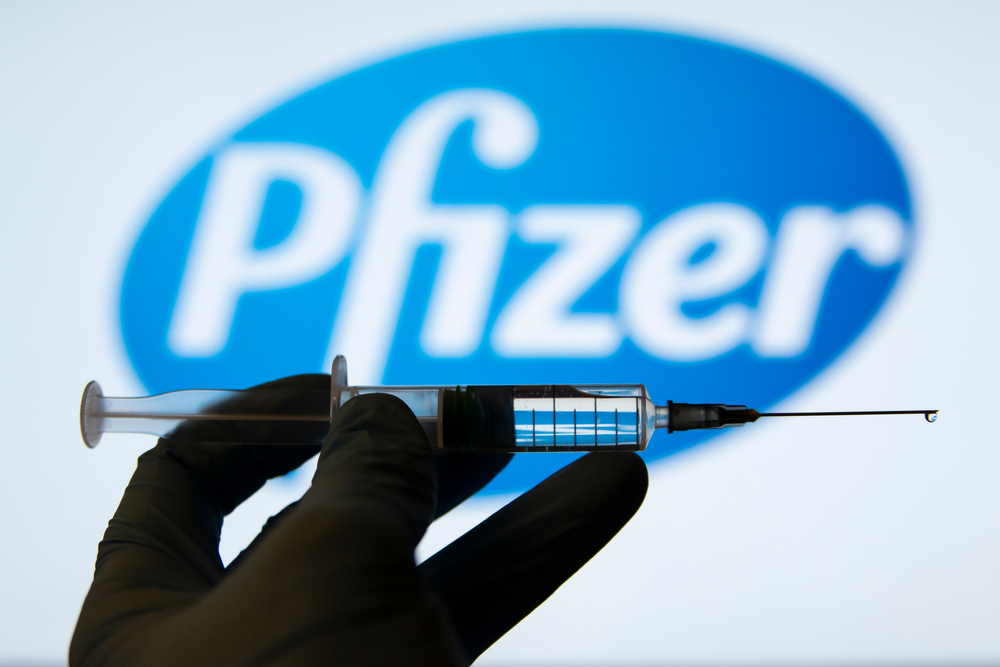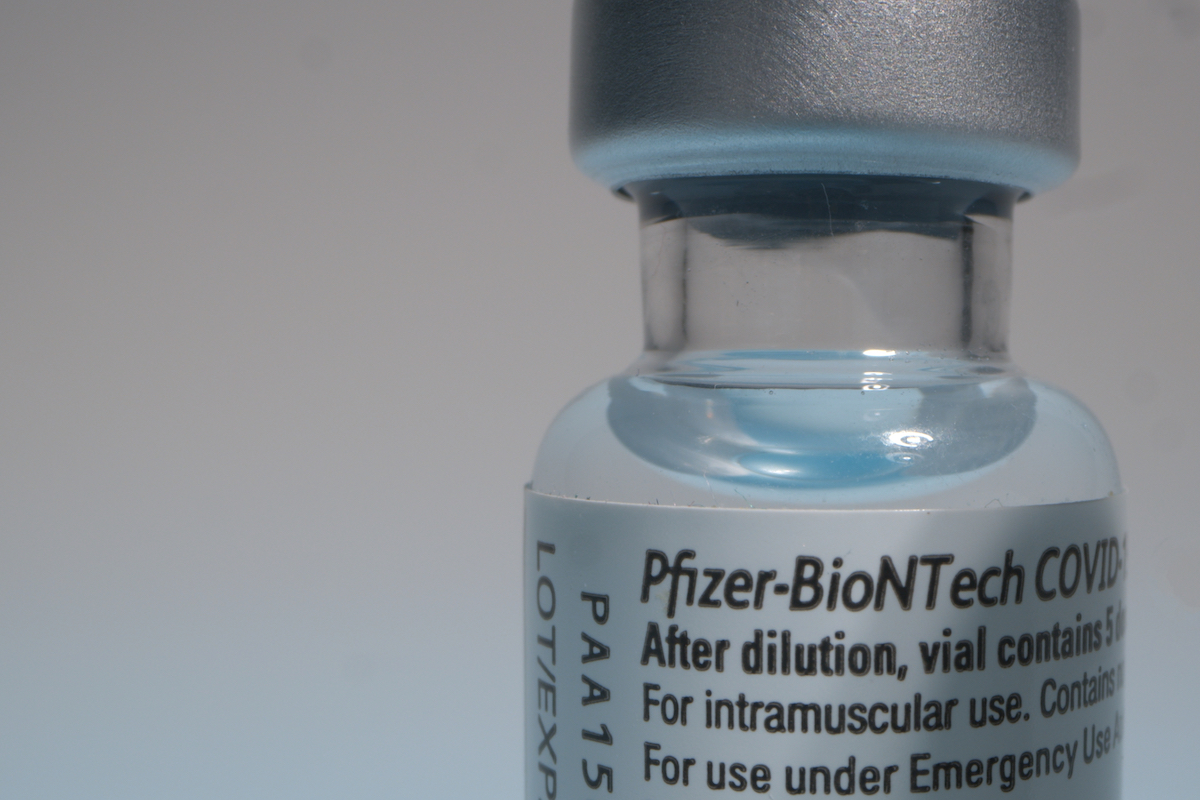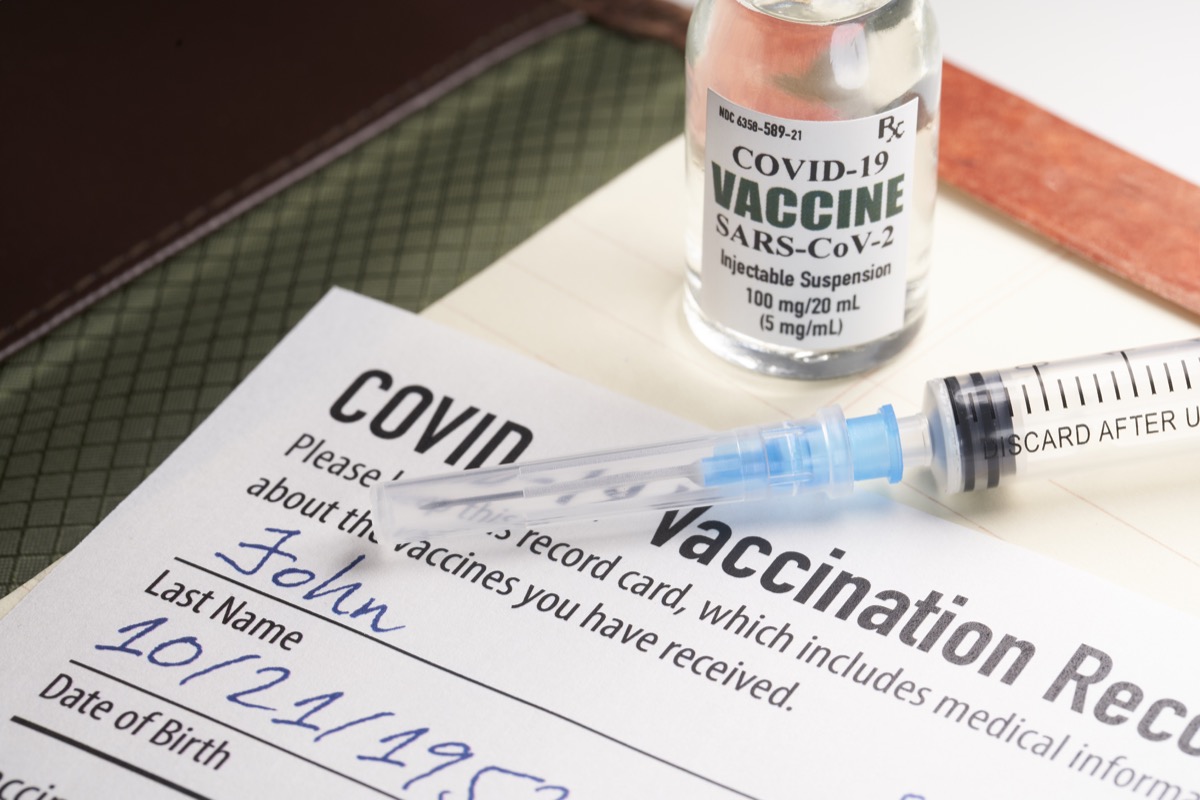According to two separate real-world studies conducted in Israel and Qatar, the Pfizer COVID-19 vaccine is highly effective against two of the most concerning variants: B.1.1.7, which was first detected in the U.K., and B.1.351, which originated in South Africa. The findings come as scientists and pharmaceutical companies attempt to gauge how well existing vaccines work against the highly contagious strains. “This is really good news,” Annelies Wilder-Smith, MD, an infectious disease researcher at the London School of Hygiene and Tropical Medicine, told The New York Times. “At this point in time, we can confidently say that we can use this vaccine, even in the presence of circulating variants of concern.” The first study, which was published in a letter to the New England Journal of Medicine, analyzed data from Qatar’s COVID-19 database that included information on more than 200,000 people over February and March. The study authors wrote that at this time, the B.1.1.7 and B.1.351 variants were the “predominant” strains in the country. Results showed that Pfizer’s vaccine was 87 to 89.5 percent effective at preventing infection with B.1.1.7 two weeks after their second dose had been administered. The researchers also saw promising results regarding B.1.351, finding that the vaccine was 72.1 to 75 percent effective at preventing infection two weeks after the second dose, The Times reports. And for more on the latest immunization research, Pfizer’s Vaccine Protects You for at Least This Long, Study Finds. The second set of new research, which was originally published in the medical journal The Lancet, comes from a joint study conducted by Israel’s Ministry of Health and Pfizer. The team analyzed over 230,000 COVID-19 cases that were reported in the country from Jan. 24 to Apr. 3 to find that the B.1.1.7 “U.K. variant” was responsible for about 95 percent of all cases there at the time. About 50 percent of the country’s population was also vaccinated during this period, The Times reports.ae0fcc31ae342fd3a1346ebb1f342fcb The study found that the Pfizer vaccine was 96.5 percent effective at protecting against infection, 98 percent against hospitalization, and 98.1 percent against death 14 days after the second dose, and even maintained a 94 percent efficacy for those 85 years old and up. However, the authors pointed out that those with only one dose saw far less protection, finding that a single shot provided 57.7 percent protection against infection, 75.7 percent against hospitalization, and 77 percent against death. While both studies provided plenty of reassurance of the vaccine’s high efficacy, one expert pointed out that it also highlights the importance of receiving both shots to be fully protected. Data from the Centers for Disease Control and Prevention (CDC) has recently shown that millions of people have missed or not returned for their follow-up injections. “It really strongly emphasizes, with the variants, that need for the second dose,” Kathleen Neuzil, MD, director of the Center for Vaccine Development at the University of Maryland School of Medicine, told The Washington Post. “Which is a message we’ve been delivering, but now we have human clinical data to support that message.” And for more on potential boosters, This Is When You’ll Need a Third COVID Shot, BioNTech CEO Says.



